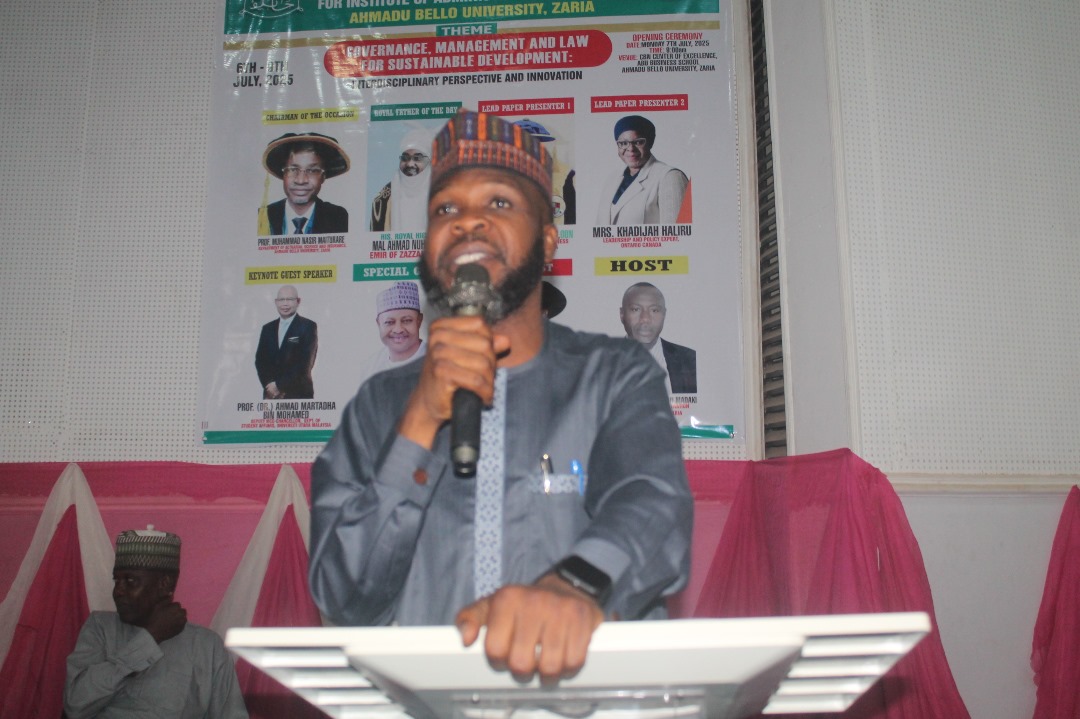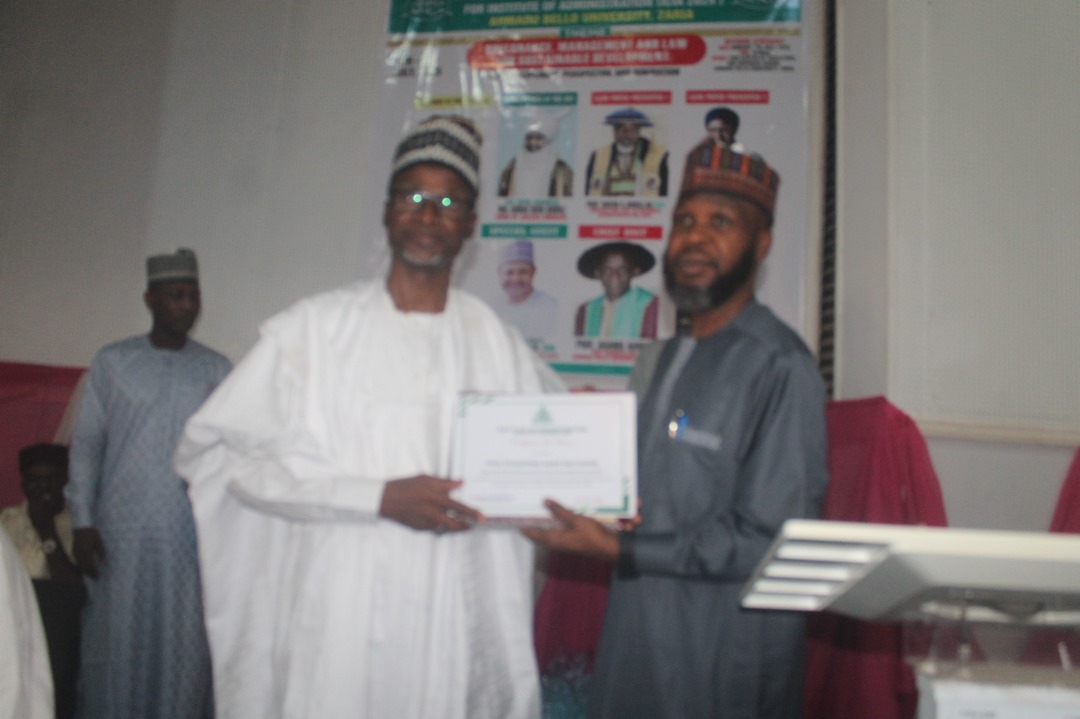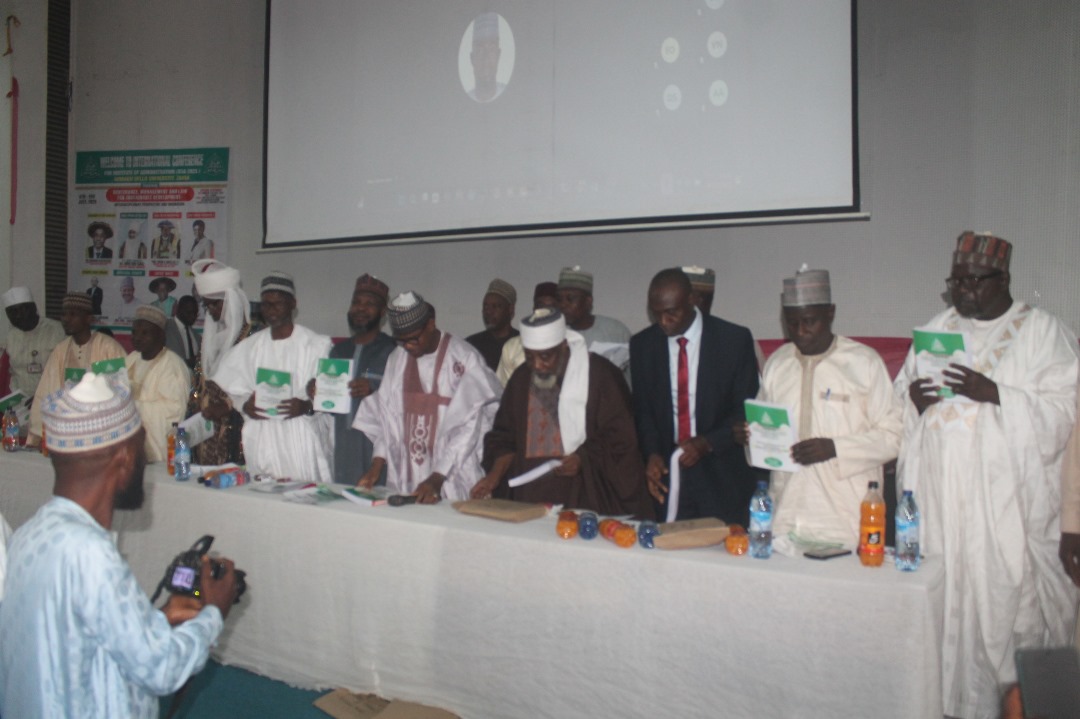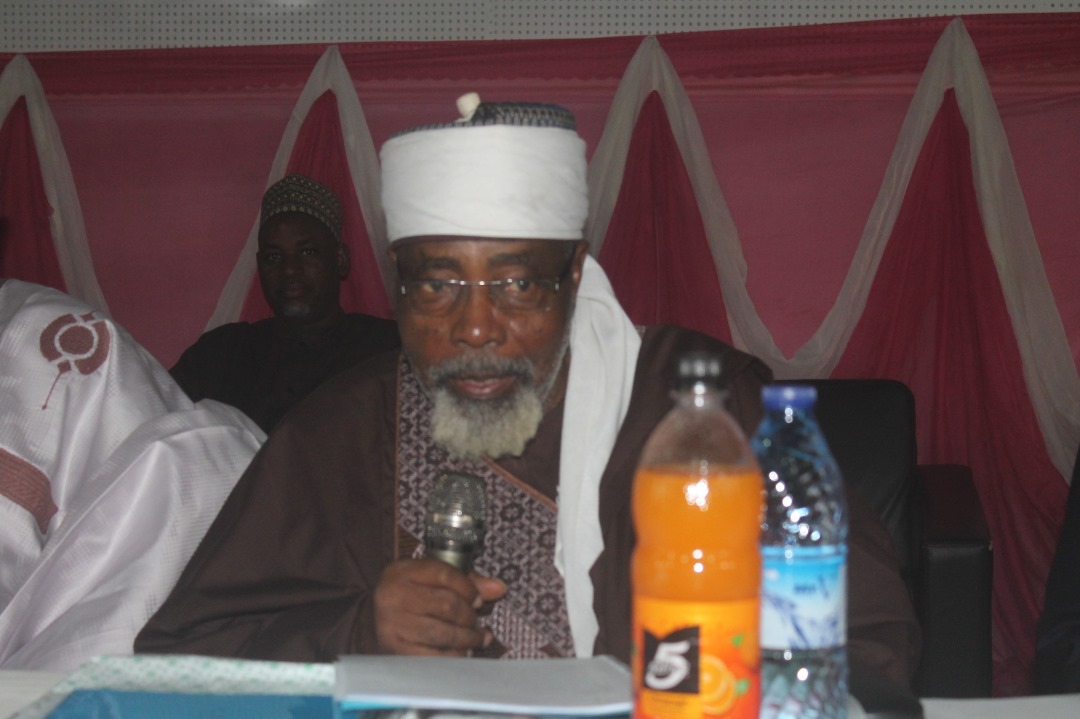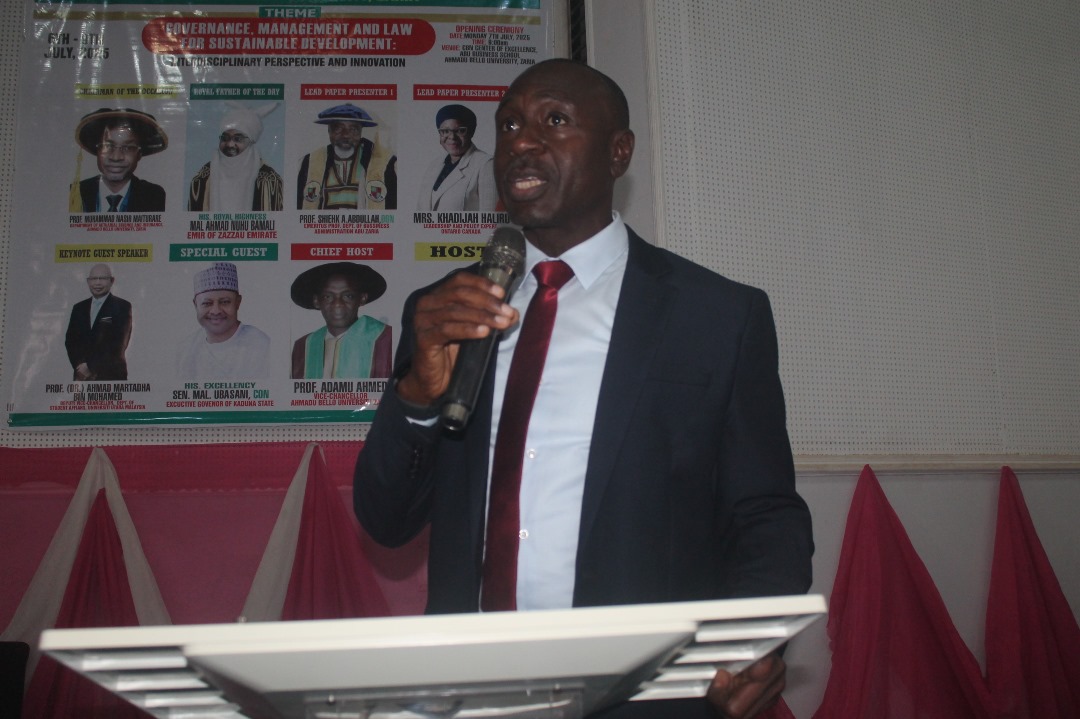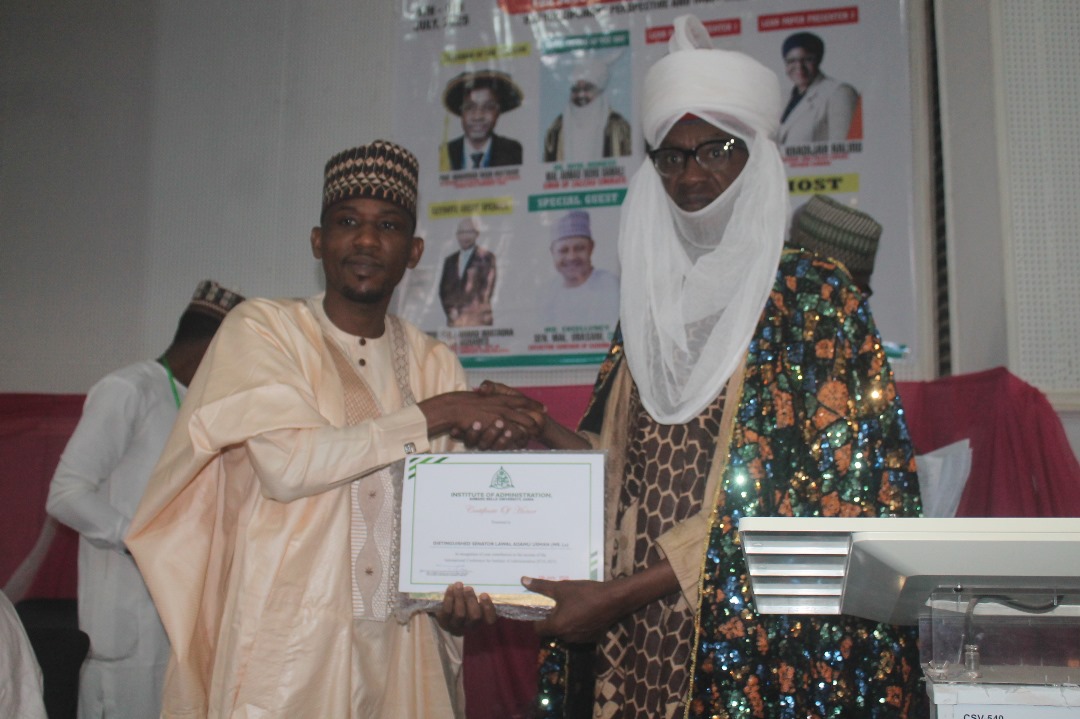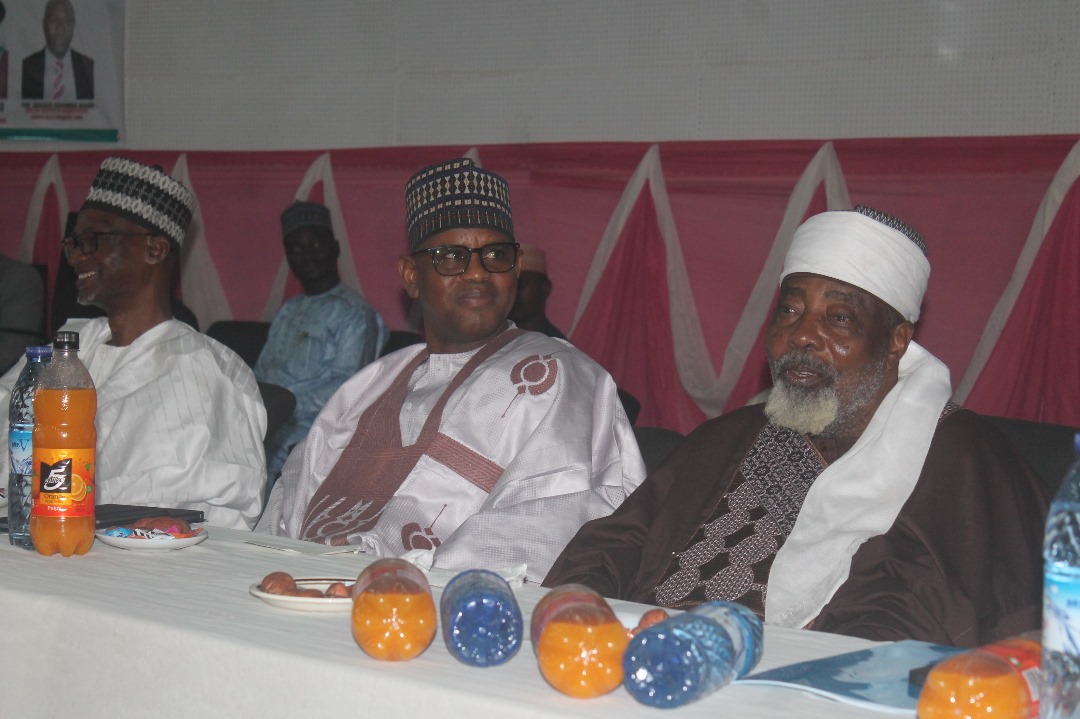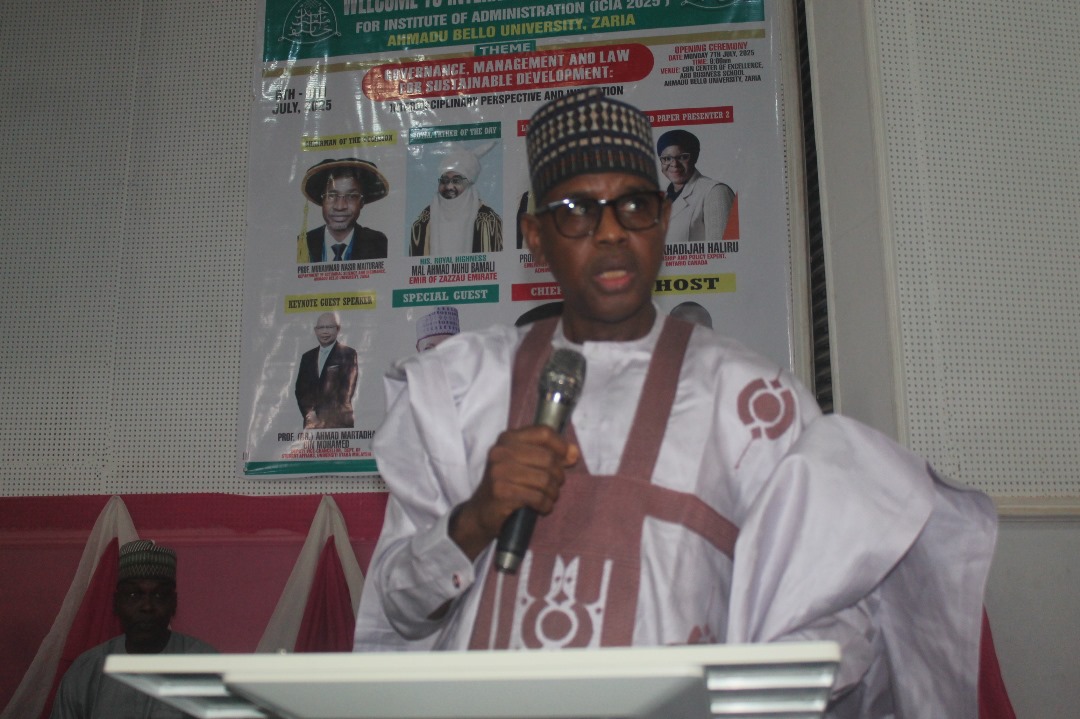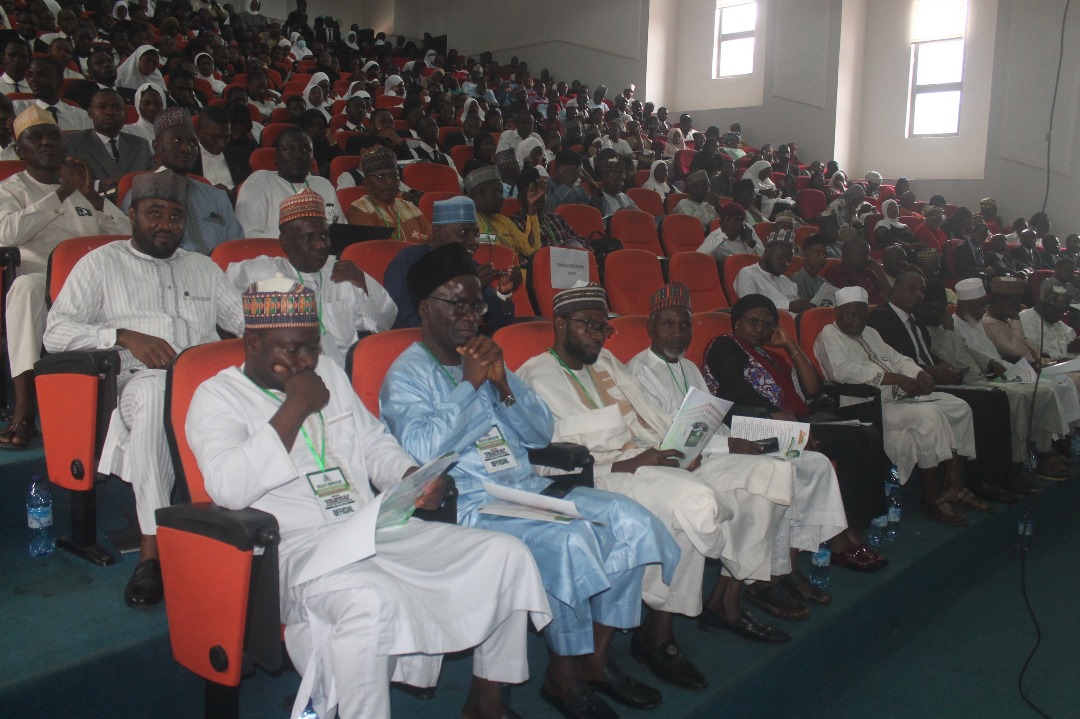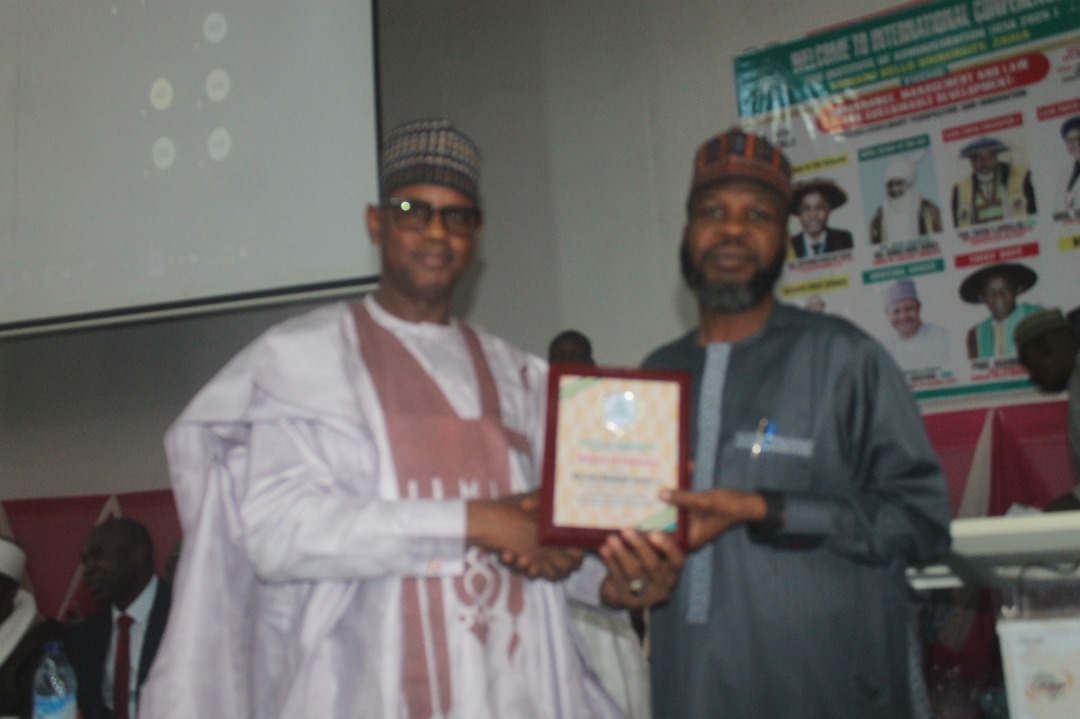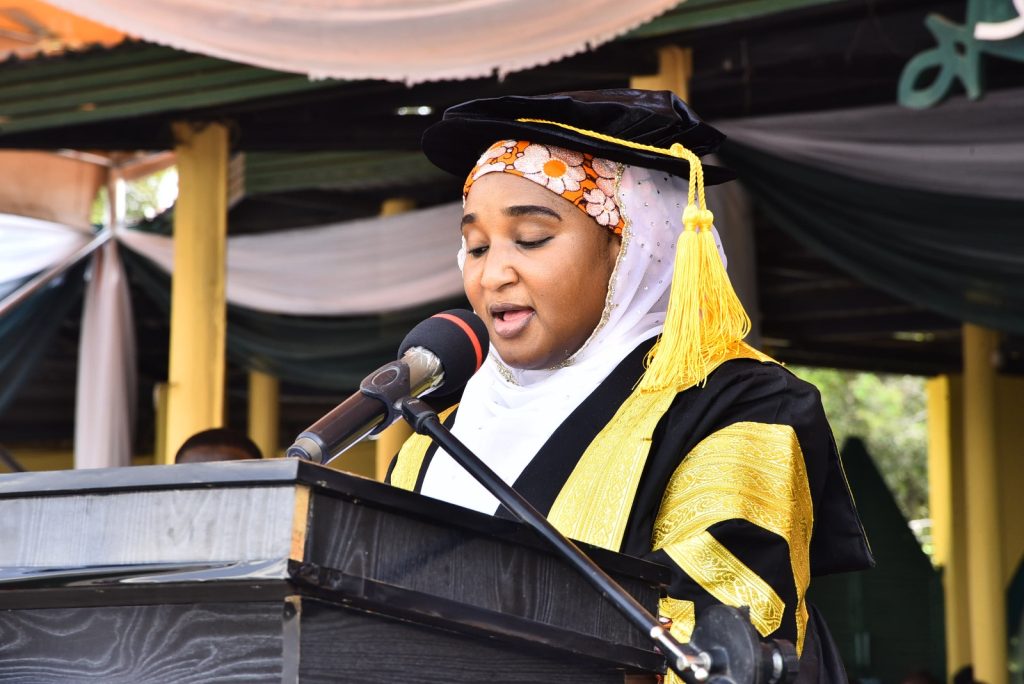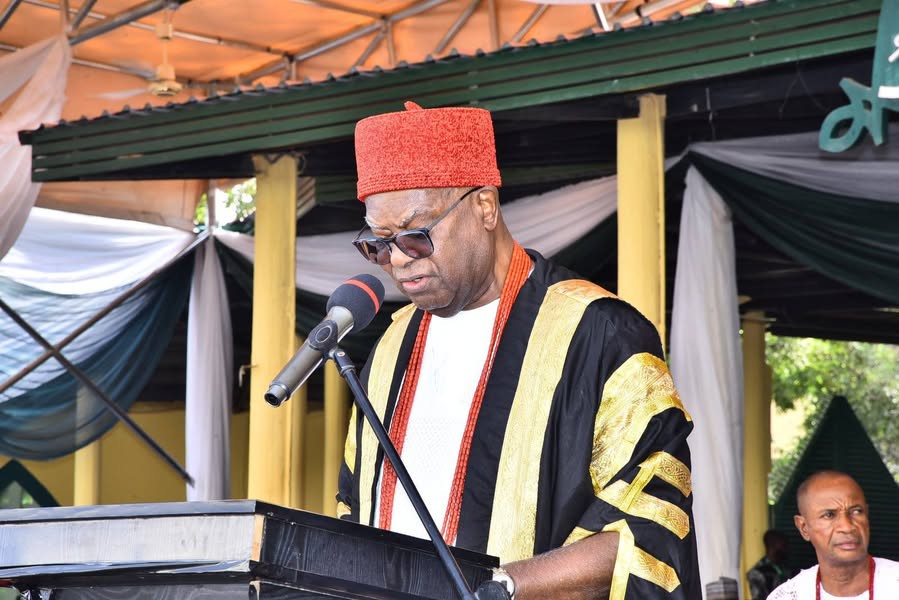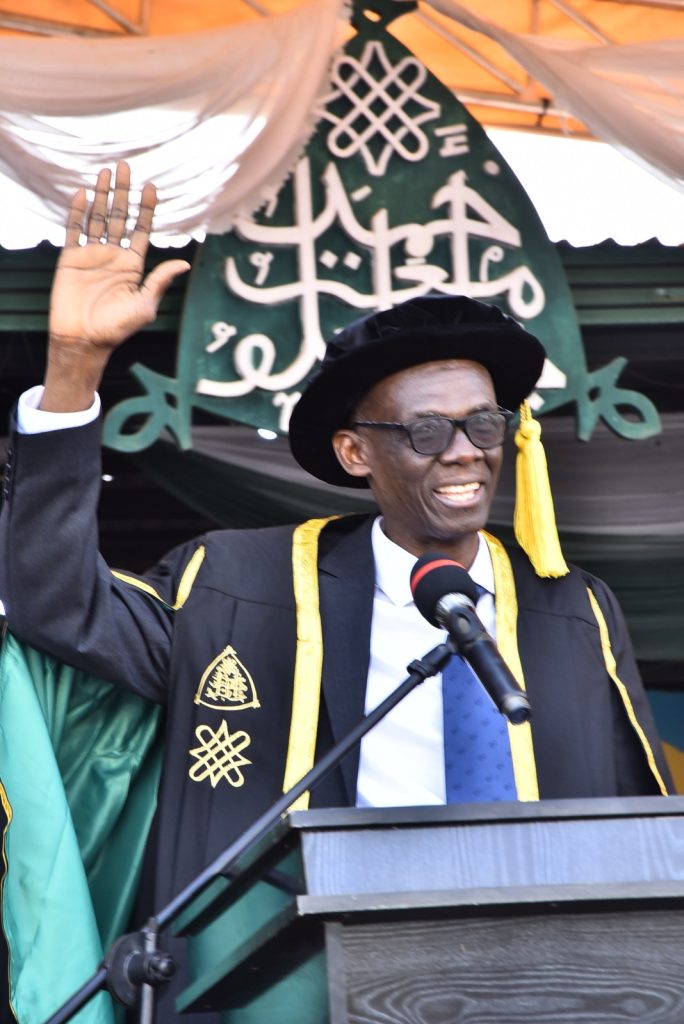What emerged after previous reviews of ethical infrastructure in Nigerian public service, by former Minister, Prof Sheikh Abdullah
The former Minister of Agriculture and Rural Development, Prof Sheikh Ahmed Abdullah, has spoken on the earlier efforts towards a framework for instilling ethics and values in Nigerian public service.
According to him, the conclusion of the diagnostic review of Nigeria’s public service ethical infrastructure was that there was absence of systematic and up-to-date data on public service.











Speaking at an International Conference organised by the Institute of Administration, Ahmadu Bello University, Prof. Abdullahi also said “this partly relates to factors for low adherence to ethical standards, including the weak capacity of institutions charged with managing public service ethics”.
He said what emerged from the past reviews was a general agreement that there was poor adherence to ethical standards by public servants in Nigeria.
Others, according to the former Minister, included the recognition of the absence of coordinated and harmonised roles, responsibilities, and activities among institutions responsible for public service ethics, as well as an admission that pervasive corruption was an unethical response to insecurity of tenure, poor employment conditions, and especially, an uncertain future upon retirement.
Abdullahi’s paper, “The Challenges of Corporate Governance, Leadership, Ethics and Development in Nigeria”, also said experiential weak enforcement of rules and regulations relating to unethical behaviors and corruption, as well as lack of selfless leadership of the civil society were other facts that emerged after the series of earlier efforts.
Abdullah, a retired professor from the Department of Business Administration, Ahmadu Bello University, highlighted emerging concern on symbolic collaboration of the private sector in the perpetration of the system of corruption, and a concern for the less engaged non-governmental actors in monitoring and reporting unethical behavior as other facts.
In his address, the Vice-Chancellor, Prof Adamu Ahmed, represented by the Deputy Vice-Chancellor, Administration, Prof. Ahmed Ibrahim Doko, described the theme of the conference as timely.
The Vice-Chancellor expressed the hope that the conference would certainly shape the minds of participants and inspire them to become the next developers of sustainable solutions.
Earlier in an address of welcome, the Director, Institute of Administration, Prof Abubakar Mohammed Madaki, said the conference had brought together scholars and practitioners from the diverse fields to interrogate societal problems with intellectual rigor.
“This is more than a gathering, it is a convergence of minds, missions and momentum for the future of governance, management and law in Nigeria, Africa and the world at large,” he said.
The conference, he also said, was part of the mission to not only generate knowledge but also to influence reforms, policy and practice through dialogue, scholarship as well as collaboration.
Prof (Dr) Ahmad Martadha Bin Mohamed, Deputy Vice-Chancellor, Student Affairs and Alumni, Universiti Utara Malaysia (UUM), was the keynote speaker at the conference.
He spoke on “Navigating the New Global Order: The Road to Economic Sustainability in Malaysia”.
Equally speaking at the event was Mrs. Khadijah Haliru, an expert on leadership and policy, Ontario, Canada, who presented the second lead paper.
……………………………………..
Public Affairs Directorate,
Office of the Vice-Chancellor,
Ahmadu Bello University, Zaria (NAM)
Monday, 7th July, 2025

